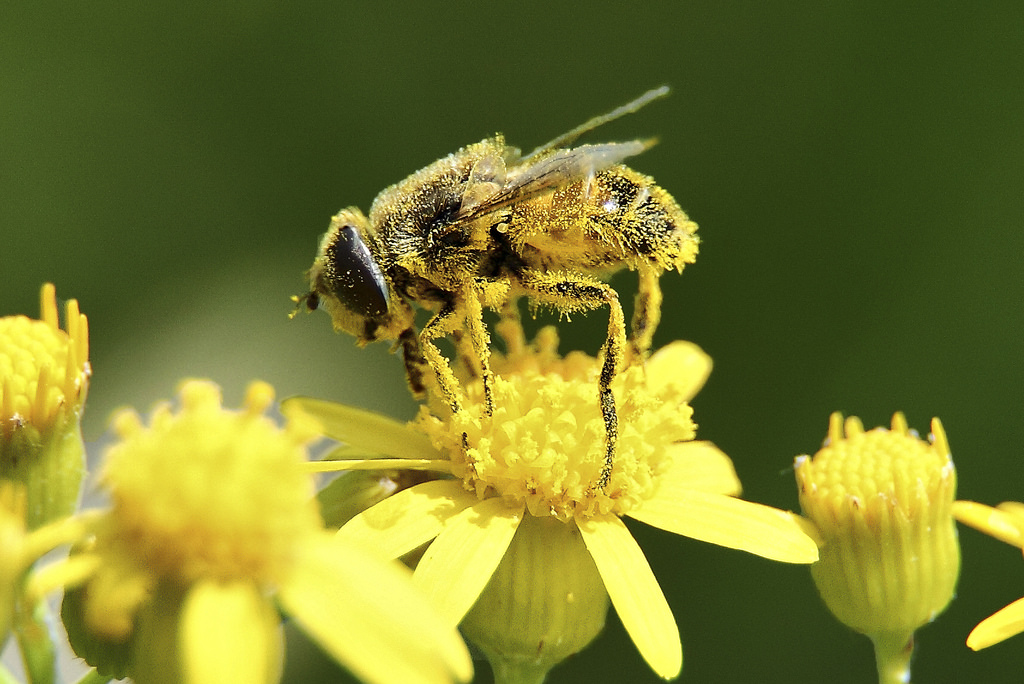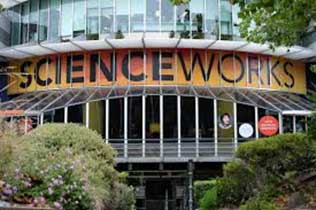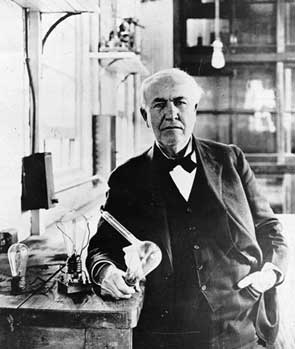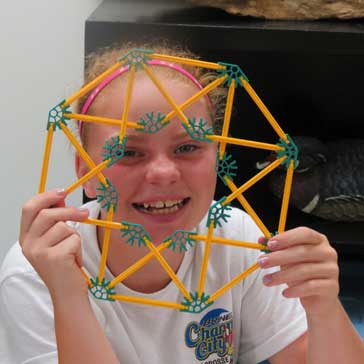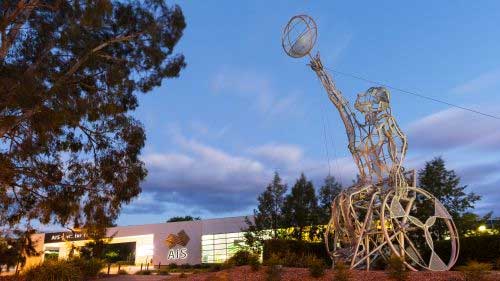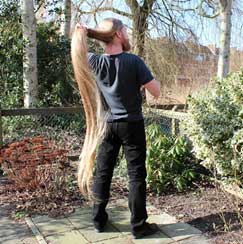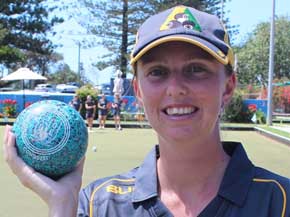No Bees = No Breakfast
Simon Watts2021-02-03T08:52:01+11:00Imagine that you sit down for a healthy breakfast – some muesli and fruit, topped with some yoghurt and a drizzle of honey (of course). A cup of coffee on the side, perhaps. Now, lets re-imagine that breakfast if there were no bees in the world: No honey (of course), but also, no fruit, no coffee (that’s right, no coffee) and probably nothing left of your muesli except a few oats. Bees play a vital role in food production as ‘pollinators’. They carry pollen from one plant to another, which enables flowering plants to be fertilized and go on to [...]

